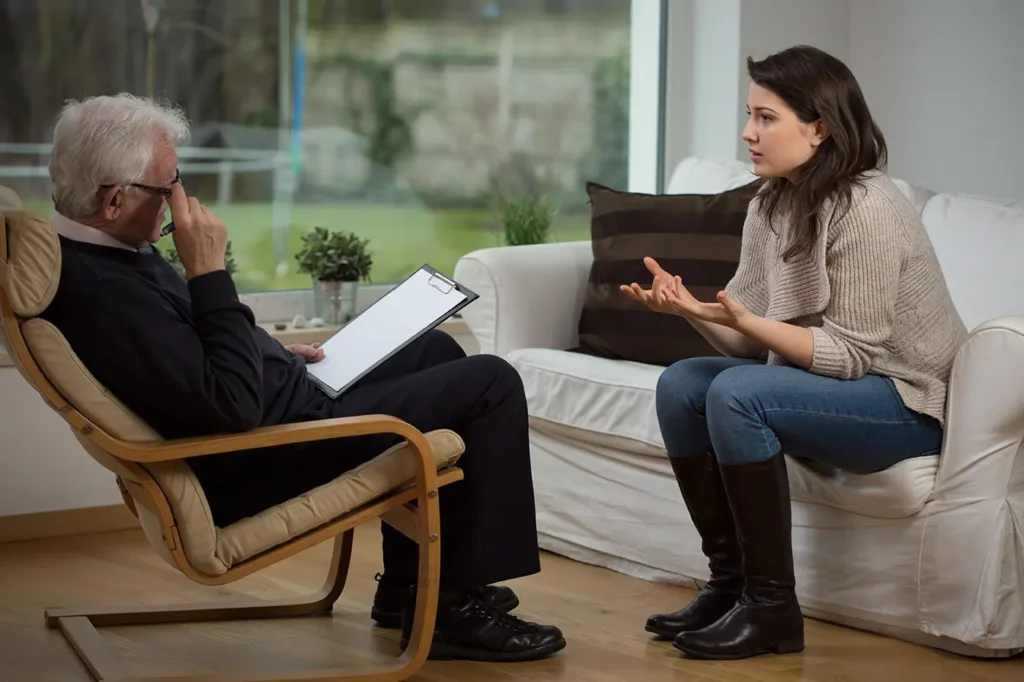24/7 Helpline:
(866) 899-221924/7 Helpline:
(866) 899-2219
Learn more about PTSD Treatment centers in Marion
PTSD Treatment in Other Cities

Other Insurance Options

MHNNet Behavioral Health

BHS | Behavioral Health Systems

Magellan Health

Amerigroup

Lucent

Self-pay options

MVP Healthcare

UMR

Providence

Molina Healthcare

Access to Recovery (ATR) Voucher

CareFirst
Beacon

Anthem

AllWell

Sutter

BlueShield

Covered California

ComPsych

Coventry Health Care









